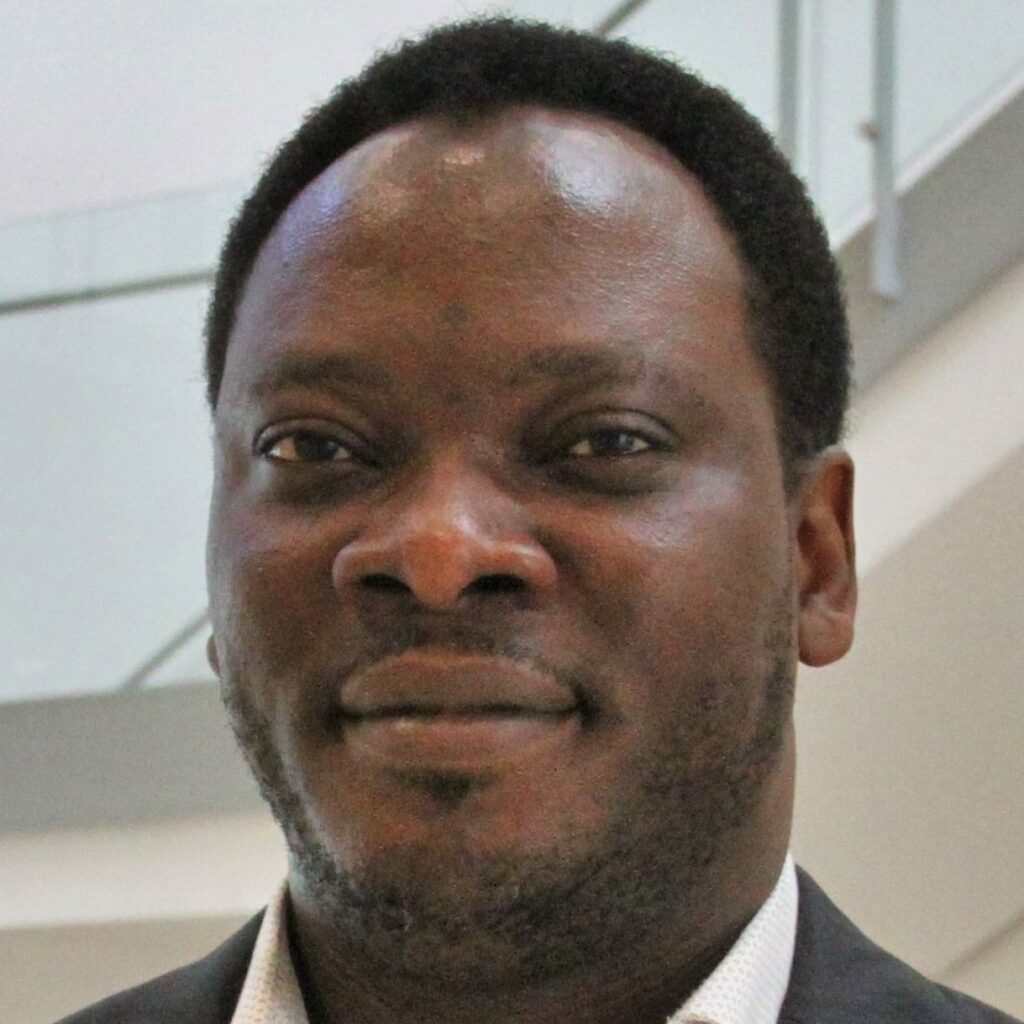
York University’s Oghenowede Eyawo has earned international recognition in the field of global health epidemiology, including being named one of the world's most cited researchers by Stanford University.
An associate professor in York’s School of Global Health, Eyawo – who was named among the most cited researchers in the world earlier this year – specializes in precision-based global health and the application of epidemiological methods to examine patterns of morbidity, mortality and health inequities among vulnerable populations.

In particular, Eyawo’s research focuses on infectious diseases – especially HIV/AIDS – as well as their intersections with social, political and economic determinants of health. His work aims to broaden understanding of issues affecting marginalized populations worldwide and develop solutions to address global health challenges.
“Through my research, I aim to advance both academic and practical knowledge in global health,” Eyawo explains. “I want to provide valuable insights that can shape health policies and practices, ultimately empowering communities by offering evidence-based solutions that enhance health resilience and equity.”
A key area of study tracks how mortality rates and causes of death shift for people living with HIV since the introduction of antiretroviral treatments. His studies show dramatic reductions in AIDS-related deaths and increases in life expectancy for those with HIV. “People with HIV who receive combination antiretroviral drugs can now live full, long lives – increasingly comparable to those who are HIV-negative,” said Eyawo in a 2018 interview.
Despite these advances, his research also highlights ongoing health disparities. A study published in The Lancet HIV finds that while people with HIV live longer, they spend less time in healthy states compared to the general population, with the gap wider for women.
Eyawo aspires to make a significant impact by offering actionable insights that shape health policies and improve public health outcomes, especially in regions with high disease burdens. “Another key goal is to raise global awareness about the health challenges and realities faced by vulnerable populations, particularly in sub-Saharan Africa, to promote solidarity and coordinated action,” he adds.
Eyawo’s expertise extends beyond HIV research. He recently co-authored a paper published by Oxford University Press examining infant and young child feeding practices across 32 sub-Saharan African countries. The study finds low rates of minimum dietary diversity and acceptable diets, highlighting the need for improved nutrition policies. Just this week, Eyawo published a new paper examining factors that influence vaccine uptake, further contributing to the field’s knowledge base.
As an expert advisor to the Global Burden of Disease study, Eyawo contributes his insights to the analysis and interpretation of the largest accumulation of global health data. He actively participates in knowledge translation, engaging in significant events such as the Designing a Regional Health Governance Approach symposium held at Toronto Metropolitan University in April of this year.
Looking ahead, Eyawo plans to collaborate with local organizations, international health agencies, and academic institutions to enhance the quality and impact of his research. “Continued field research in sub-Saharan Africa helps keep my work grounded in the realities faced by the most vulnerable populations I aim to assist.”
With York’s support, including funding for international conference participation, Eyawo continues to expand his research impact globally. His work, spanning topics from HIV/AIDS to child nutrition and vaccine willingness, aims to inform health policies and practices worldwide. “Ultimately,” Eyawo says, “I hope my work will contribute to evidence-based solutions that address health resilience and equity.”
